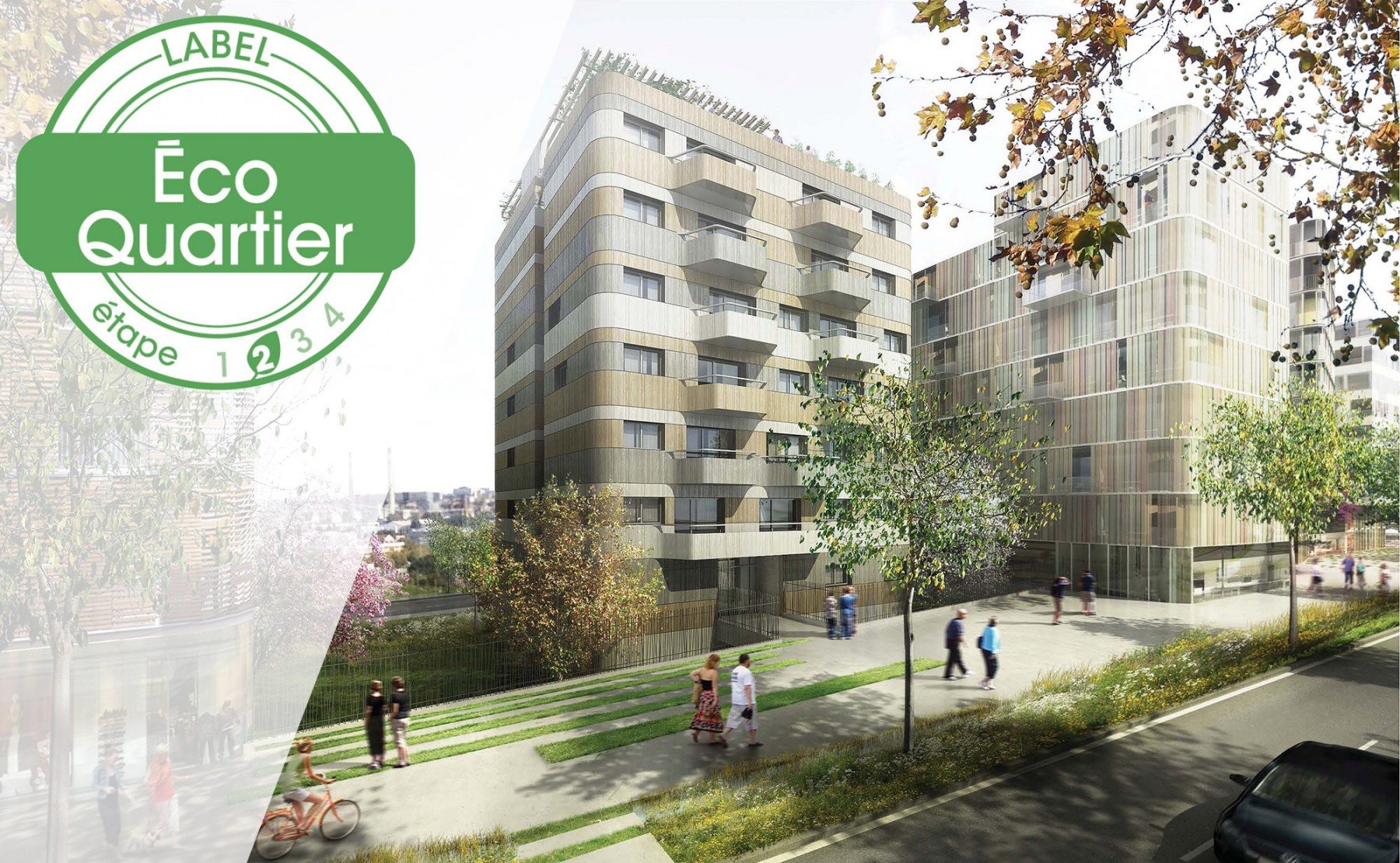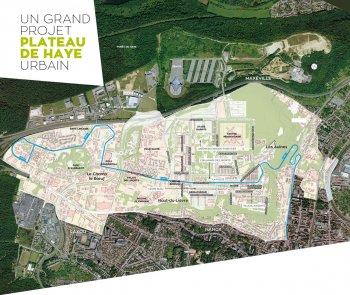
The French ÉcoQuartier labeling scheme translates principles into sustainable urban development (SUS), aiming to "provide housing for all in a quality living environment while limiting the ecological footprint". Within its 20 commitments, the label promotes the approach of place-based projects, decarbonizing territories, improving citizens' daily lives, and responding to the environmental climate emergency. Each year, a committee selects relevant projects that are classified according to technical, governance, economic, and "well-being" criteria. Once selected, the ÉcoQuartier label accompanies these projects until to three years after delivery. By 2022, almost 257,371 dwellings were built or renovated in ÉcoQuartiers labeled projects, with 52% composed of social housing development. The concept of the ÉcoQuartier label started in the early 2000s as an outcome of the Grenelle de l'Environnementl' conference (a body that brings French associations, companies, and public bodies together). The outcomes came about as a national recommendation supported by the Ministry of Ecological Transition to develop and build eco-districts in all municipalities with significant housing development programs by 2012. The ÉcoQuartier labeling scheme was comprised, among other approaches, in the National «Sustainable City Plan» from 2008 onwards. The label is updated based on a continuous feedback mechanism and evolves to meet the expectations of communities, promoters of projects, and citizens.
This entry explores one implementation of the label in the "Plateau de Haye" (municipal areas of Laxou, Maxéville, and Nancy).

